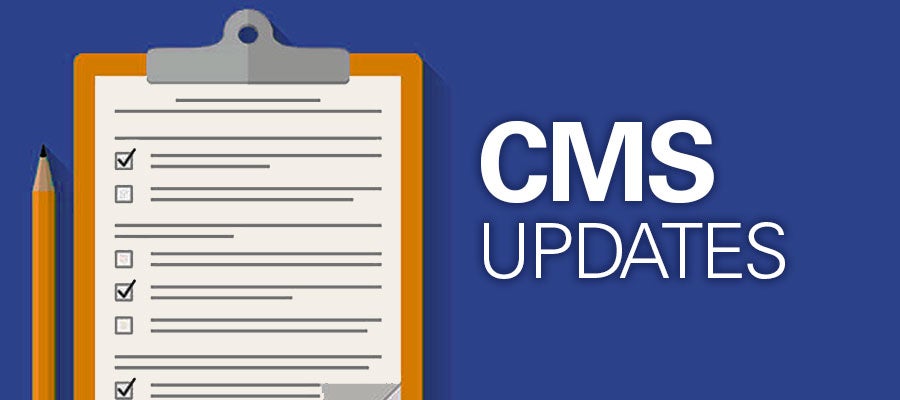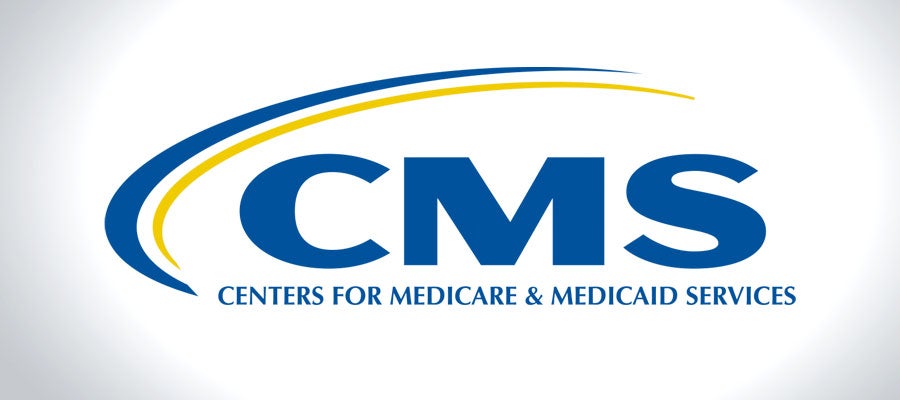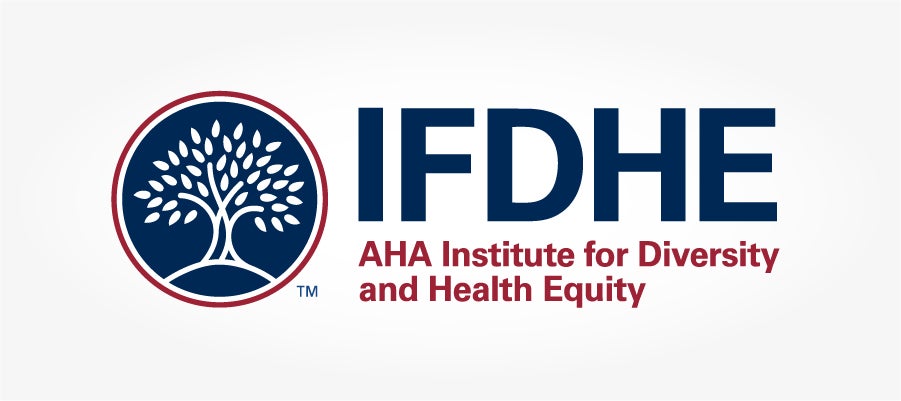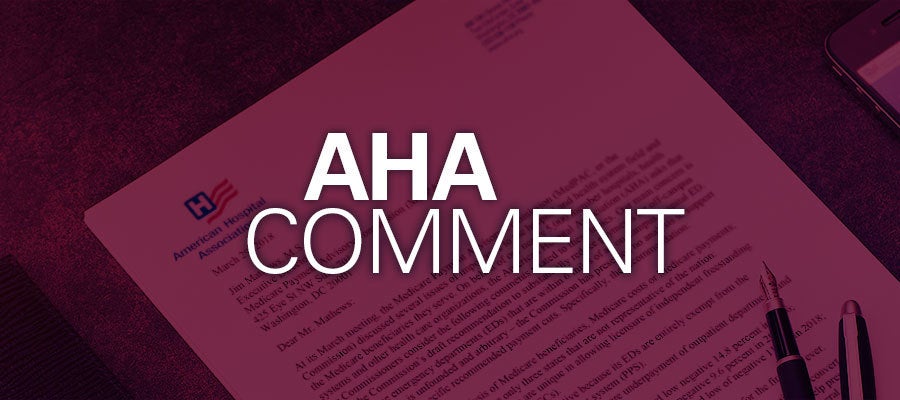On this AHA Advancing Health podcast, Darren Henson, director of operations at AHA’s Institute for Diversity and Health Equity, talks with Lena Hatchett, professor at the Loyola University Chicago Stritch School of Medicine, about how despite the COVID-19 outbreak, her facility remains committed to ensuring patients’ needs are met through partnerships within a community-driven, multi-sector coalition.








